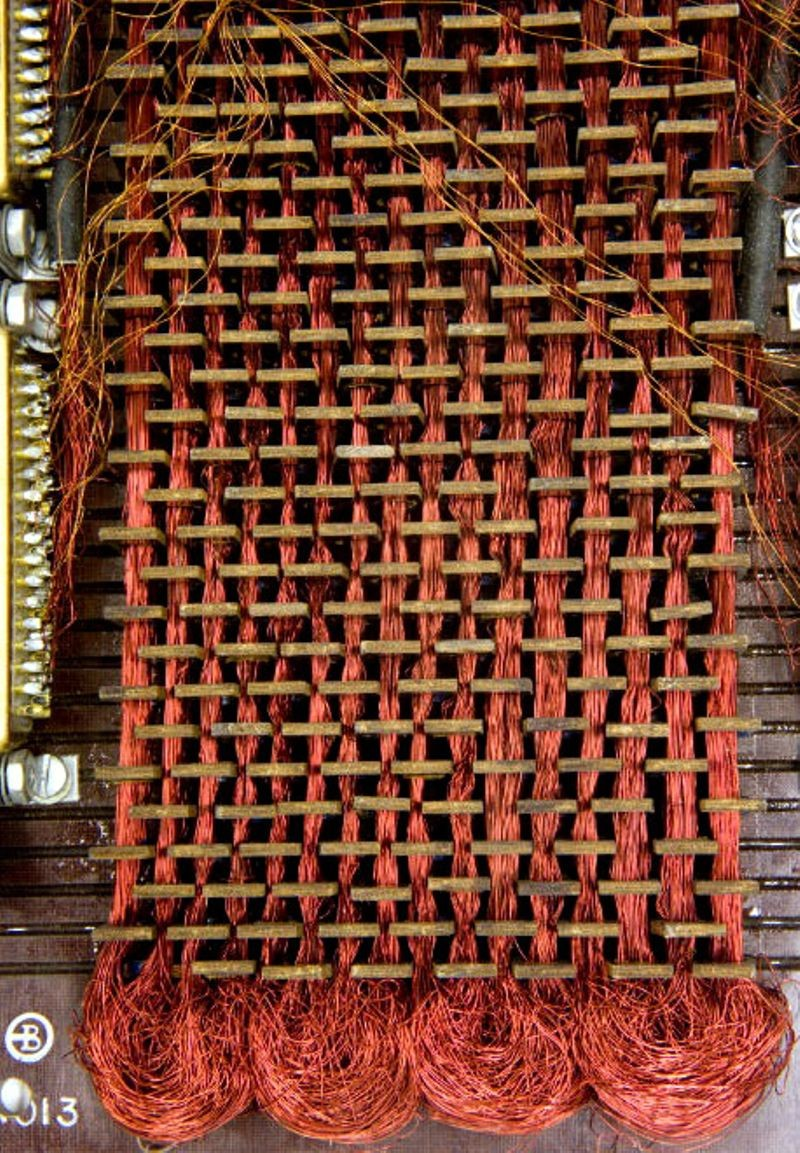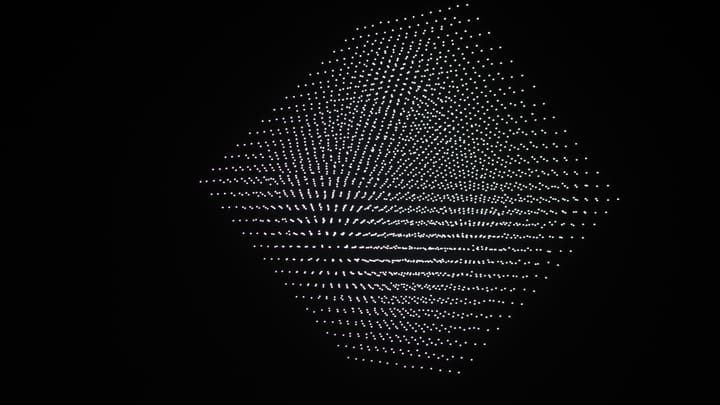Democracy, More And Less

David Autor, writing for Noēma Magazine (online here), 12 February 2024, quotes Marc Andreessen on the democratisation of knowledge and information brought about by the internet and the flattening of economic hierarchies that was supposed to follow it. Then, in a move recalling Adam Curtis's laying-out and swiftly undercutting, he says, "But the opposite of this vision has transpired." Instead, it turns out that information is only an input into what Autor calls a more consequential economic function, decision-making:
By making information and calculation cheap and abundant, computerization catalyzed an unprecedented concentration of decision-making power, and accompanying resources, among elite experts.
This claim bears the load, supporting his central claim that, in the words of the article's title, "AI Could Actually Help Rebuild The Middle Class" by flattening the knowledge-hierarchy of expertise. He writes that, from the way LLMs—in a striking use of the word—weave* experience and knowledge together, used well AI can make anyone an expert. It can, Autor writes,
... assist with restoring the middle-skill, middle-class heart of the U.S. labor market that has been hollowed out by automation and globalization.
He sees this as a potential reversal of the concentration of power (knowledge-power, for Autor decision-making power) in the hands of an elite that has occurred and to which the internet has contributed. But are any of these claims true?
Has the middle-class heart of the US labour market been hollowed out by automation and globalisation? Is this different from saying neoliberalism is responsible? Well, yes: Autor adds to MAGA claims a technological angle. The yes is however conditional on there existing a real functional distinction between AI and the forces of automation, globalisation and neoliberalism that Autor believes it can reverse, of which it is less an antithesis than the apotheosis.
Andreessen's earlier view was that general access to knowledge and information would lead to the flattening of economic hierarchies. Autor's view is that the general access to expertise, which AI has the potential to effect, could be of greater economic consequence—but through the curious intermediary of decision-making power. The internet caused this power to be concentrated in the hands of an expert elite and AI could break their hold on it, but it would seem that such power is only ever evident in its use. Only when it is used to make decisions which have economic consequence can it be said to have a more consequential economic function. In either ordinary knowledge or in expert knowledge, in that ordinarily acquired or as AI-assisted information, it remains a latent possibility, so a potential just like AI is to provide it.
Something else is wrong here. Political power seems to be missing in inaction. In spite of this, Autor also seems to assume the existence of power-elites to coincide with those elites whose expertise renders their decision-making consequential. In this his account of elites resembles Curtis Yarvin's (here), the Cathedral of the liberal elites holds the power and it is to blame for the globalised, automated market of neoliberalism which has hollowed out the US's middle-skill, middle-class heart.


